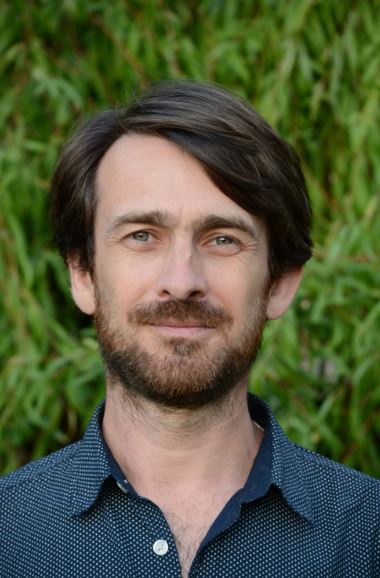Lund University molecular biologist Olivier Van Aken has been awarded a grant of DKK 9.5 million as part of the Novo Nordisk Foundation’s Research Leader Programme. This significant funding will support his pioneering research on plant responses to environmental stress, with potential applications in sustainable agriculture.
Plants encounter numerous stressors such as drought, excessive light, and biotic attacks. Van Aken’s research delves into how plants respond to mechanical stimulation by e.g. wind, herbivores, and water drops.
“Touch’ responses operate like an alarm system for the plant, so it can adapt its growth to conditions such as in windy fields, but also increase its defenses against wounding and infections,” Van Aken explains.
His objective is to elucidate the molecular mechanisms through which plants sense physical manipulations, allowing them to endure and adapt to stress.
Serendipitous discoveries and molecular responses
Van Aken’s journey into this research area was sparked by an unexpected discovery.
“By chance, we included an observation time point at 30 minutes after applying stress-inducing chemicals to plants, rather than the usual two hours,” he recalls. “We noticed that some genes responded almost immediately and then were switched off again within one hour.”
This rapid response had previously been poorly understood, and Van Aken’s research has unveiled new insights into the prompt molecular reactions plants exhibit under stress.
Sustainable agricultural applications
One particularly promising aspect of Van Aken’s project is its potential application in sustainable agriculture. His work draws inspiration from “mugifumi,” an ancient Japanese farming technique that involves trampling young cereal plants to stimulate growth and enhance stress tolerance.
“It’s fascinating that farmers have been using this method for centuries, believing it improves yield and stress tolerance,” he notes.
Replicating similar mechanical stress treatments in controlled environments, Van Aken’s team has demonstrated that consistent, mild physical stimuli can significantly improve plant resistance.
“If you treat plants with mild mechanical stress, like patting them with a paintbrush, they actually become more resistant to stress,” Van Aken explains.
This discovery could lead to practical, non-chemical methods to increase crop resilience.
Vision for agricultural innovation
With an Ascending Investigator grant from the Novo Nordisk Foundation, Van Aken aims to transition his research from controlled laboratory settings to real-world agricultural fields. The project’s long-term goal is to develop sustainable agricultural techniques that enhance crop yields and resilience without relying on chemical interventions. This approach aligns with global efforts to promote sustainable farming and ensure food security in the face of climate change.
“The grant allows us to conduct extensive field trials and refine these techniques for different crops and environments,” Van Aken explains.
He plans to test the effectiveness of physical stress treatments on various crops in the Nordic region, seeking to replicate the promising lab results on a larger scale.
As Van Aken aptly puts it, “Our goal is to develop agricultural practices that increase yields and resilience with minimal environmental impact.”
41 researchers have received grants
The Novo Nordisk Foundation has just awarded DKK 427 million through its Research Leader Programme for research within fields including health, disease and sustainability.
Individual grants of up to DKK 20 million have been awarded to 41 researchers at three different career stages. See all grant recipients here:
https://researchleaderprogramme.com/recipients/
Since 2018, the Foundation has awarded grants to more than 240 researchers through the Programme.
Further info:
Christian Mostrup, Head of Press, Novo Nordisk Foundation, cims@novo.dk

